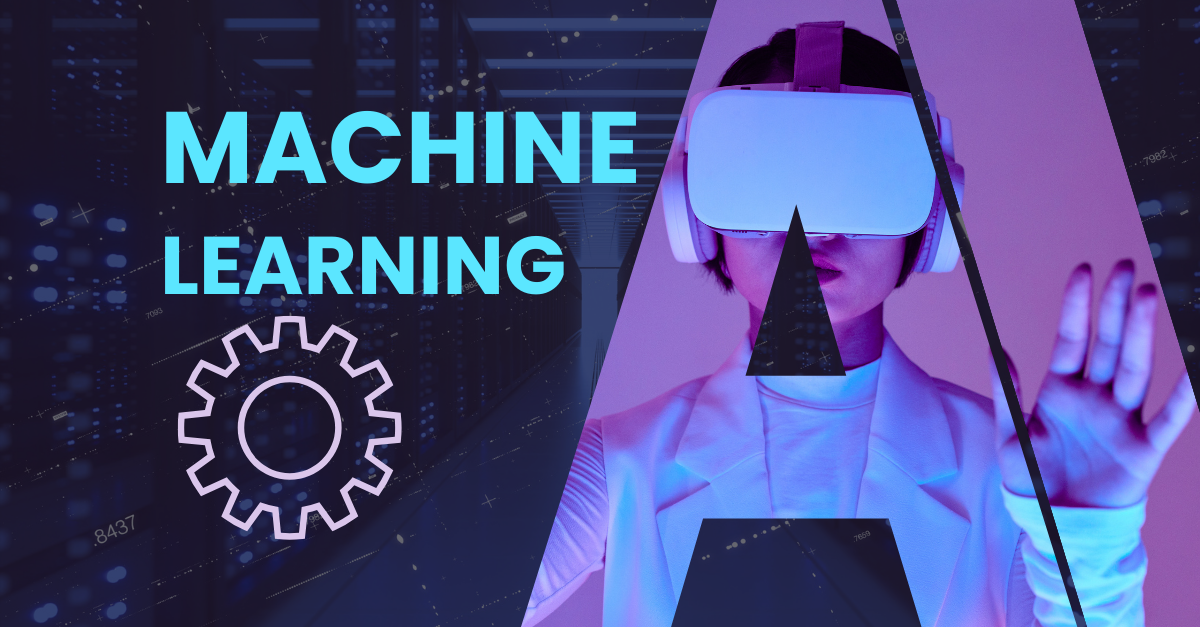Is Machine Learning And AI The Same? – A Short Guide
Free Machine Learning Lessons On Udemy | Check Now…
In the ever-evolving landscape of technology, the terms “Machine Learning” (ML) and “Artificial Intelligence” (AI) are often used interchangeably, leading to confusion among enthusiasts and beginners alike.
However, delving into the intricacies of these two concepts reveals distinct differences that are crucial to understanding their roles in shaping our digital future.

Unraveling The Definitions (Machine Learning Vs AI)
Defining Artificial Intelligence (AI)
AI is the broader umbrella under which various technologies and methodologies reside. It encompasses the creation of intelligent agents that can mimic human cognitive functions such as learning, reasoning, problem-solving, perception, and language understanding.
Essentially, AI strives to develop machines capable of performing tasks that typically require human intelligence.
Decoding Machine Learning (ML)
Machine Learning, on the other side, is a subset of AI that focuses on training machines to learn from data. Rather than being explicitly programmed to perform a task, ML systems leverage algorithms that enable them to improve their performance over time as they analyze and interpret data.
In essence, ML empowers machines to learn from experience and make predictions or decisions without being explicitly programmed for a particular task.
The Interplay Between AI and Machine Learning
Understanding the relationship between AI and ML is crucial to dispelling the confusion surrounding their usage. In simple terms, AI is the overarching concept, while ML is a specific approach within the broader spectrum of AI technologies.
AI Without ML: Rule-Based Systems
In the starting days of AI, rule-based systems were prevalent. These systems relied on explicit programming, where developers provided machines with a set of predefined rules to follow.
While effective for certain tasks, they lacked the adaptability and learning capabilities that ML brings to the table.
ML as the Driving Force of AI Advancement
The advent of ML marked a paradigm shift in AI development. Instead of relying on predefined rules, ML systems learn patterns and relationships from vast amounts of data.
This ability to adapt and improve without constant human intervention has propelled the field of AI into new realms of capability, giving rise to technologies like natural language processing, image recognition, and predictive analytics.
Key Differences In Approach
Programming vs. Learning
The fundamental distinction lies in how AI systems acquire their capabilities. Traditional AI approaches involve explicit programming, where developers dictate the rules. In contrast, ML systems learn and evolve based on exposure to data, adapting their behavior over time.
Flexibility and Adaptability
ML’s strength lies in its adaptability. As the system encounters new data, it refines its models, making it versatile across a range of applications. Traditional AI systems, lacking the learning component, may struggle to adapt to evolving scenarios without manual intervention.
Practical Applications: Where AI and ML Diverge
To grasp the differences further, let’s explore practical applications where each concept shines.
AI in Robotics and Expert Systems
AI finds application in robotics and expert systems, where predefined rules govern actions and decisions. This is evident in industries such as manufacturing, where AI-driven robotic arms follow explicit programming to perform precise tasks.
ML in Predictive Analytics and Autonomous Vehicles
ML excels in scenarios where predictions and adaptability are paramount. In predictive analytics, ML algorithms analyze historical data to forecast future trends. In the realm of autonomous vehicles, ML enables real-time decision-making based on the continuous stream of data from sensors and cameras.
Conclusion: Is Machine Learning And AI The Same?
In conclusion, while AI and ML are distinct concepts, they are deeply interconnected, with ML serving as a powerful catalyst within the realm of artificial intelligence.
Understanding their individual strengths and applications is essential for navigating the complex landscape of modern technology.
The future holds the promise of even more advanced AI systems, powered by machine learning algorithms that continuously refine their understanding of the world.
As industries embrace these technologies, the synergy between AI and ML will undoubtedly lead to groundbreaking innovations, shaping a future where intelligent machines seamlessly integrate into our daily lives.
You might also like to read this :
